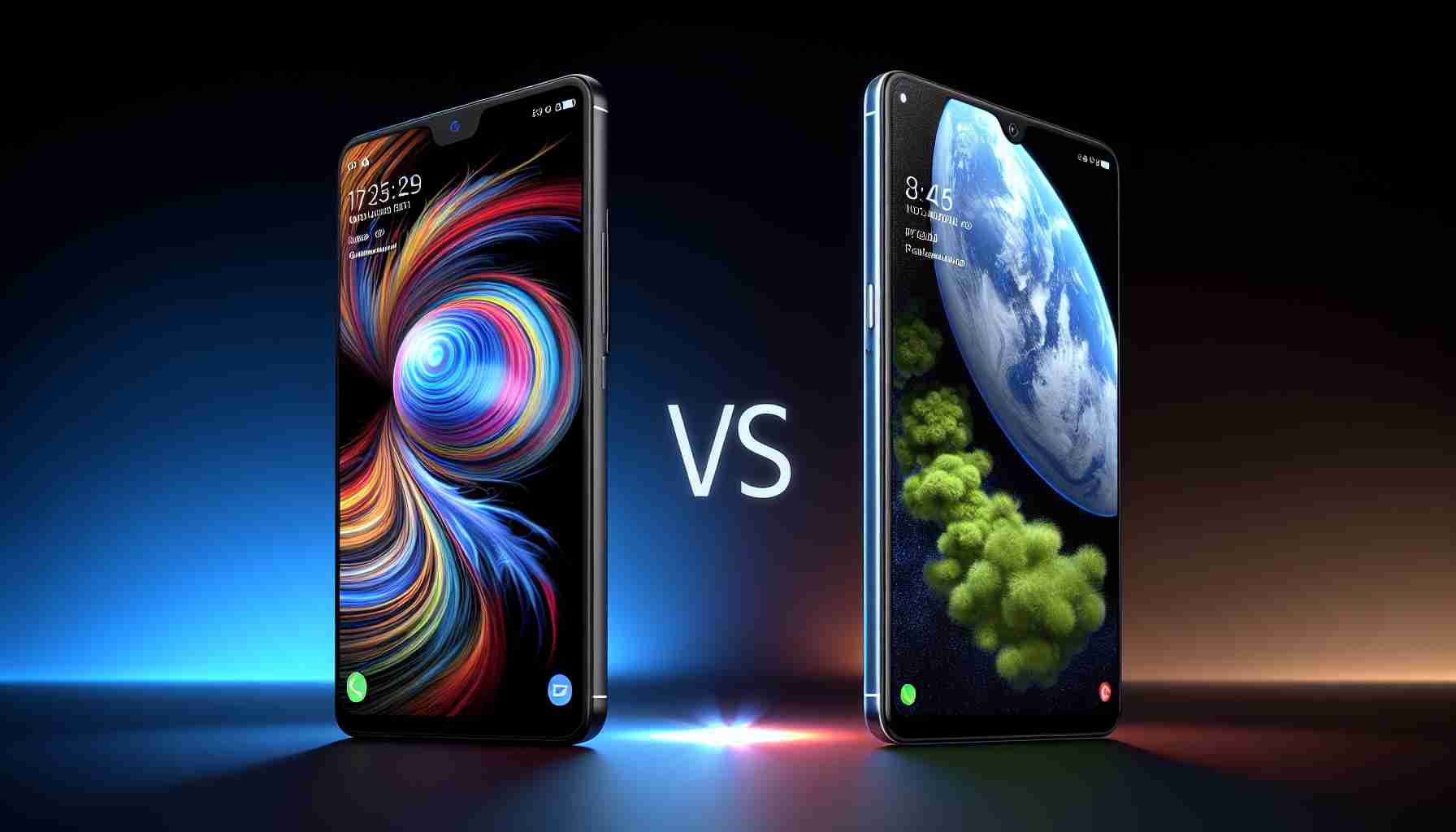Summary: The rivalry between Samsung and iPhone has been ongoing for years, as they compete for dominance in the smartphone market. This article will provide an insightful analysis of the differences between these two tech giants, including design, features, user experience, and more.
Samsung and iPhone have both established themselves as leaders in the smartphone industry, consistently releasing innovative and cutting-edge devices. While they share similarities, such as offering high-quality cameras and advanced software, there are key distinctions that set them apart.
Design and Display
Samsung is known for its sleek, modern design and large, vibrant displays. Their smartphones often feature curved edges and use the latest display technology, such as Super AMOLED panels. This results in vivid colors and impressive contrast ratios.
On the other hand, iPhone adopts a more minimalistic design, with an emphasis on simplicity and functionality. Apple devices have a reputation for their premium build quality and seamless integration of hardware and software. They generally come with Retina displays, offering excellent color accuracy and sharpness.
Features and Software
When it comes to features, both Samsung and iPhone offer a wide range of functionalities. However, Samsung tends to pack more features into their devices, such as expandable storage, water and dust resistance, and headphone jacks. Additionally, Samsung’s devices often come with a stylus, appealing to users who desire enhanced productivity.
iPhone, on the other hand, focuses on providing a streamlined and intuitive user experience. Apple’s iOS offers a cohesive ecosystem, allowing users to seamlessly integrate their devices with other Apple products. The App Store also boasts a wide selection of high-quality apps optimized specifically for iPhones.
Camera Systems
Both Samsung and iPhone have made significant advancements in smartphone photography. Samsung devices, such as the Galaxy S21 Ultra, often feature multiple lenses, including wide, ultra-wide, and telephoto options. They also excel in low-light photography.
iPhone, known for its computational photography, offers powerful image processing capabilities. Apple’s devices highlight features like Night mode, Deep Fusion, and Smart HDR, resulting in remarkable image quality.
Price Range
Samsung smartphones generally have a broader price range compared to iPhones. Samsung offers devices across various price points, catering to different budget constraints. This allows consumers to choose a device that suits their needs and preferences.
In contrast, iPhones tend to be more expensive, positioning themselves as premium devices. However, Apple’s pricing strategy reflects the seamless integration of hardware and software, as well as the level of craftsmanship associated with their products.
Frequently Asked Questions (FAQ)
Q: Which brand sells more smartphones, Samsung or iPhone?
A: In terms of market share, Samsung currently holds the top position, selling more smartphones globally than any other brand.
Q: Does Samsung or iPhone have better customer satisfaction?
A: Customer satisfaction varies among individuals, as it depends on personal preferences and needs. Both brands have a loyal customer base and consistently strive to meet their users’ expectations.
Q: Are Samsung and iPhone compatible with each other’s accessories?
A: While some accessories, such as chargers and headphones, are interchangeable between the two brands, certain accessories may be designed exclusively for one or the other.
In conclusion, the Samsung vs iPhone battle continues to shape the smartphone industry. What sets these two giants apart is their unique approach to design, features, software, and pricing. Ultimately, the choice between Samsung and iPhone boils down to personal preferences and specific requirements.
